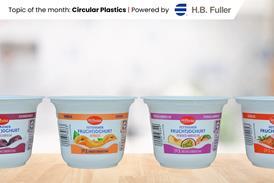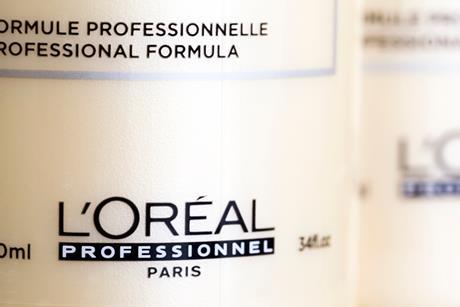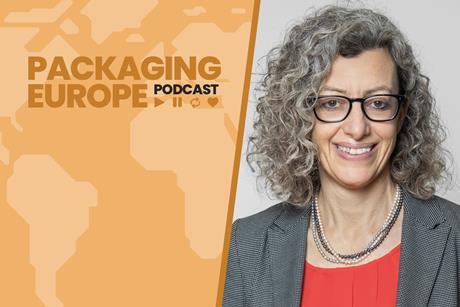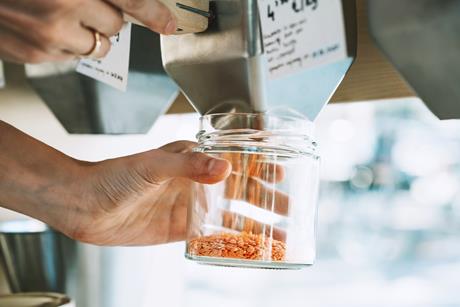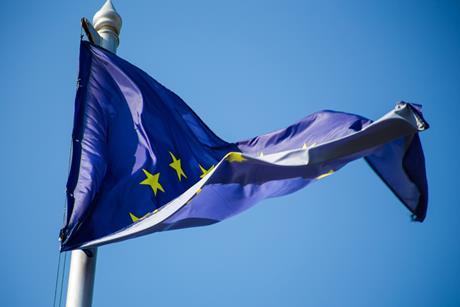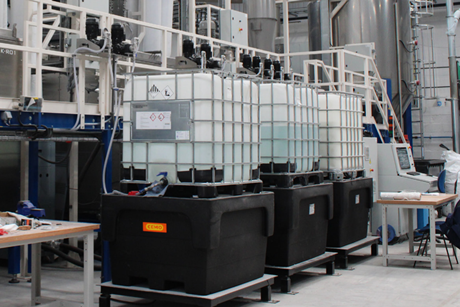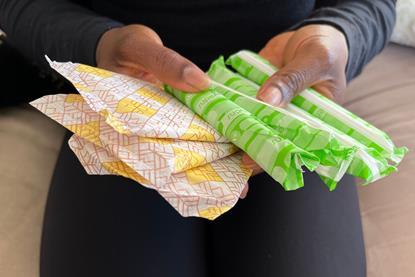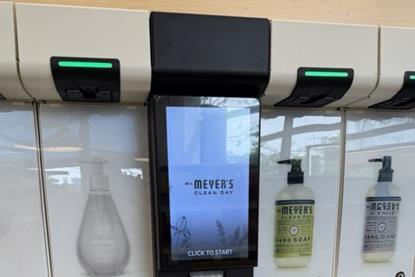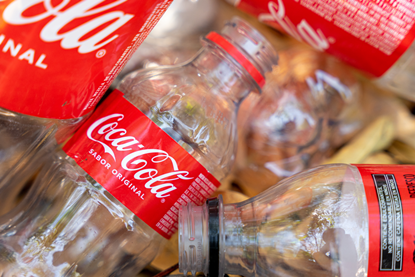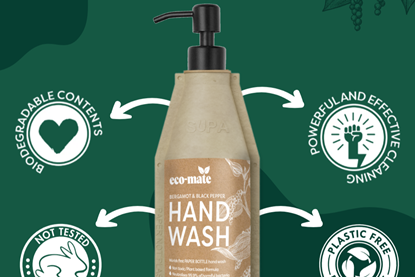Reuse
L’Oréal aims to shape consumer recycling habits with new initiative
Building a deposit return system – spotlight on Austria
The problem with reusable packaging (and how to solve it)
What can other countries learn from the PPWR?
Corplex de-inking technology targets reduced waste and environmental impact
- Previous
- Next
Reuse
L’Oréal aims to shape consumer recycling habits with new initiative
L’Oréal has launched a new initiative that aims to explain to consumers in simple terms how to sort and recycle cosmetic packaging.
Building a deposit return system – spotlight on Austria
Deposit return schemes have gained traction across Europe, with several countries introducing or getting ready to introduce them. Austria is the latest country to introduce such a system. Elisabeth Skoda speaks to Monika Fiala, who is managing director at Recycling Pfand Österreich GmbH, the organisation in charge of implementing the deposit return system in Austria, discussing reasons behind the introduction, challenges to overcome, differences and similarities to systems in other countries, learnings from the scheme several months in, and more.
The problem with reusable packaging (and how to solve it)
Reusable packaging has a huge problem. Consumers express enthusiasm for refillable concepts, but demonstrate dramatically lower willingness to actually seek out refill stations. How can this problem be solved? In this article, Calvin Lakhan, Director of Circular Innovation Hub at York University’s Faculty of Environment and Urban Change, breaks down the findings of a fascinating new study on this issue.
What can other countries learn from the PPWR?
For all the criticisms levied at the PPWR in its current form, the UK could learn a thing or two from its ambitious and collaborative effort to get things moving.
Corplex de-inking technology targets reduced waste and environmental impact
Polypropylene (PP) and polycarbonate sheets manufacturer Corplex claims it has successfully adapted a mechanical de-inking process to remove ink from heavily printed PP sheets, including ones treated with UV-based coatings and UV-cured inks.
Can reusable period products absorb the leak of packaging waste?
Is stigma around periods fueling the rise in menstrual product packaging waste? Are we over-packaging single-use solutions? Could a transition into reusable products help, or is the answer more complicated? We answer all these questions in this edition of the Brief.
SC Johnson launches first soap refill machine in North America
SC Johnson has launched its first refill machine in North America at Canadian pharmacy and retailer London Drugs, allowing customers to refill reusable product bottles with hand or dish soap by brands including method and Mrs. Meyer’s Clean Day.
UN investigates Coca-Cola’s reusable glass to plastic bottle switch in Samoa
Coca-Cola Europacific Partners is accused of driving plastic pollution in Samoa after replacing reusable glass bottles with single-use plastic alternatives – raising concerns about potential violations of environmental laws and human rights standards.
Handwash packaged in paper bottle with sap lining and reusable metal pump
SUPA Innovations is distributing handwash in a ‘plastic-free’ paper bottle, featuring a reusable metal hand pump and a waterproof lining made of sap from pine residue.

